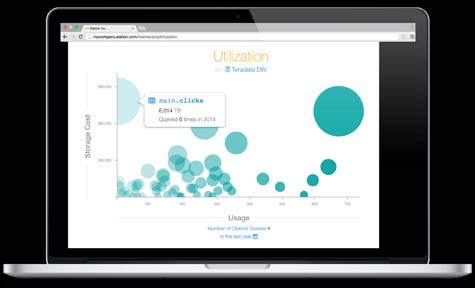When it comes to data management, the fundamental problem is that data doesn’t describe itself, which means it’s up to the IT organization to figure out the relationship between different data sets.
Starting today, Alation wants to apply machine learning software to automate that process in a way that captures information on what the data describes, where the data comes from, who’s using it and how it’s being used.
Rather than allocating data scientists to discover that information, Alation CEO Satyen Sangani says the company’s namesake software pulls data into a central repository on which machine learning algorithms are applied. From there, sets of data can not only be easily compared, the relationship between different sets of data can be more easily discovered.
In general, machine learning applies statistical models to establish probable relationships. As such, there is no magic silver bullet to be applied to data management. Even machine learning applications need humans to make the models more accurate. But compared to trying to create a usable metadata repository that can be applied to data governance, Sangani says machine learning represents a major opportunity to reduce the amount of time it takes to discover the relationship between different sets of data.
Historically, data governance has been a thankless task. In fact, most organizations give it short shrift because the amount of time it takes to do it right versus the payback delivered to the business has been, to say the very least, problematic. It’s only because of a plethora of compliance issues that most organizations even go to the trouble.
Fresh off of raising $9 million in funding, Alation is betting that if the discovery part of the equation can be automated, then just maybe data governance can become more of an opportunity to explore a potential asset versus the chore that most organizations view it to be today.




